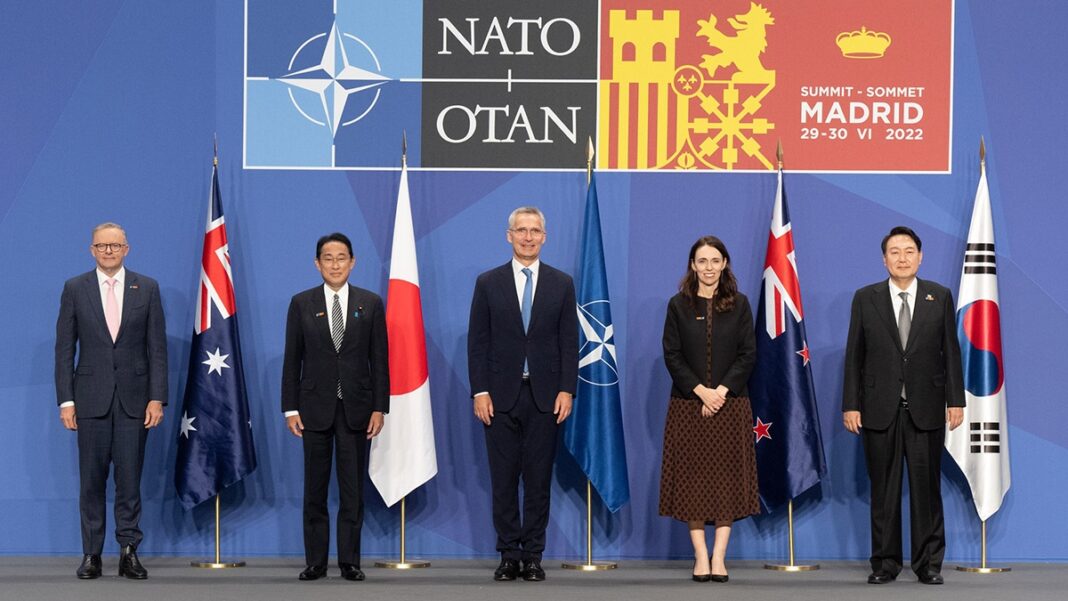NATO Headquarters, Belgium, July 17: In a strongly worded communique issued during the annual 2023 NATO summit in Vilnius, Lithuania, NATO heads of state expressed concerns over the People’s Republic of China’s (PRC) challenge to their interests, security, and values through its “global ambitions and coercive policies”.
NATO leaders highlighted the PRC’s use of political, economic, and military tools to expand its global influence while remaining opaque about its strategic intentions and military buildup.
This criticism builds upon NATO’s previous “Strategic Concept” document released last year, which marked the first acknowledgment of the risks posed by China’s ambitions and policies.
Notably, a group of four NATO allies in the Indo-Pacific, comprising Japan, South Korea, Australia, and New Zealand (known as the AP4), participated consecutively in the annual NATO Summits of 2022 and 2023.
Moreover, Discussions are underway to establish a NATO Liaison office in Japan, indicating NATO’s explicit plans to address the “China Threat” and enter the geopolitical dynamics of the Indo-Pacific as a unified military bloc.
In May, a joint communique of the G7 Leaders Meeting in Hiroshima, Japan also for the first time explicitly underscored China’s aggressive actions against the international order and peace and stability in the Indo-Pacific.
These recent developments are signaling an escalating geopolitical contestation between the West and China, with some analysts referring to it as the onset of a “New Cold War“.
While the United States initially aimed to transform the QUAD grouping into an Asian NATO, a military alliance against China, India has successfully maintained its historical stance of non-alignment and strategic autonomy, preventing the transition.
So, now the United States is bringing NATO, its most trusted and lethal weapon into the Indo-Pacific contestation.
NATO’s communique and Strategic Concept document emphasize that issues such as the Taiwan situation, North Korea’s offensive posture, China’s military buildup in the Pacific, and the deepening China-Russia nexus will be central concerns in NATO’s Indo-Pacific expansion.
During the NATO Summit, Japanese Prime Minister Fumio Kishida stressed the need for the alliance to consider East Asia’s risks, while South Korean President Yoon Suk Yeol sought deeper international security cooperation amidst rising North Korean threats and tensions with China.
NATO Secretary General Jens Stoltenberg expressed China’s increasing challenge to the rules-based international order, citing its failure to condemn Russia’s actions against Ukraine, its threats toward Taiwan, and its substantial military buildup.
In response, China’s mission to the European Union expressed strong opposition to NATO’s “eastward movement into the Asia-Pacific region” and issued a warning that any actions perceived as a challenge to Beijing’s rights would be met with resolute counteractions.
Analysts suggest that China’s aggressive posture in the South China Sea and its neighboring regions including in Taiwan Strait and the Himalayas, its growing nuclear arsenal, and its warmongering diplomacy have inadvertently helped the United States to justify its deterrence policy in the Indo-Pacific.
The United States is striving to garner support from its allies to align with its military and diplomatic plans against China.
However, given China’s strong economic ties with many NATO members and Indo-Pacific partners, including significant trade and Investment relationships, convincing all allies to subscribe to American strategies will be a complex task.
While America’s NATO partner, Turkish President Erdogan maintains good relations with both Xi Jinping and Vladimir Putin, it is unlikely for him to fully align with the United States’ agenda unless favorable strategic demands are met.
French President Emmanuel Macron, emphasizing France’s strategic autonomy, has consistently stated that he does not perceive China as a direct strategic threat to France or the European Union, urging against blindly following the US’s China-containment policy.
In a press conference at the Vilnius summit, President Macron asserted that NATO should maintain its focus on the North Atlantic region, stating, “The Indo-Pacific isn’t the North Atlantic.”
NATO communique, however, countered by highlighting the importance of the Indo-Pacific for the alliance, as developments in the region can directly impact Euro-Atlantic security.
Despite the challenges, the United States continues its efforts to form a formidable military counter to China’s increasing military presence in the Indo-Pacific.
At the summit, NATO and Japan’s Prime Minister Fumio Kishida established a new partnership program. Similar arrangements were also concluded between NATO and South Korea, Australia, and New Zealand.
Although India, an Asian giant and a significant adversary of China, is unlikely to join NATO in the near future, the United States has been intensifying its strategic partnership with India, as seen during Prime Minister Modi’s recent state visit.
NATO’s Indo-Pacific expansion and China’s response to it will shape the geopolitical dynamics of the 21st century at the global level.






